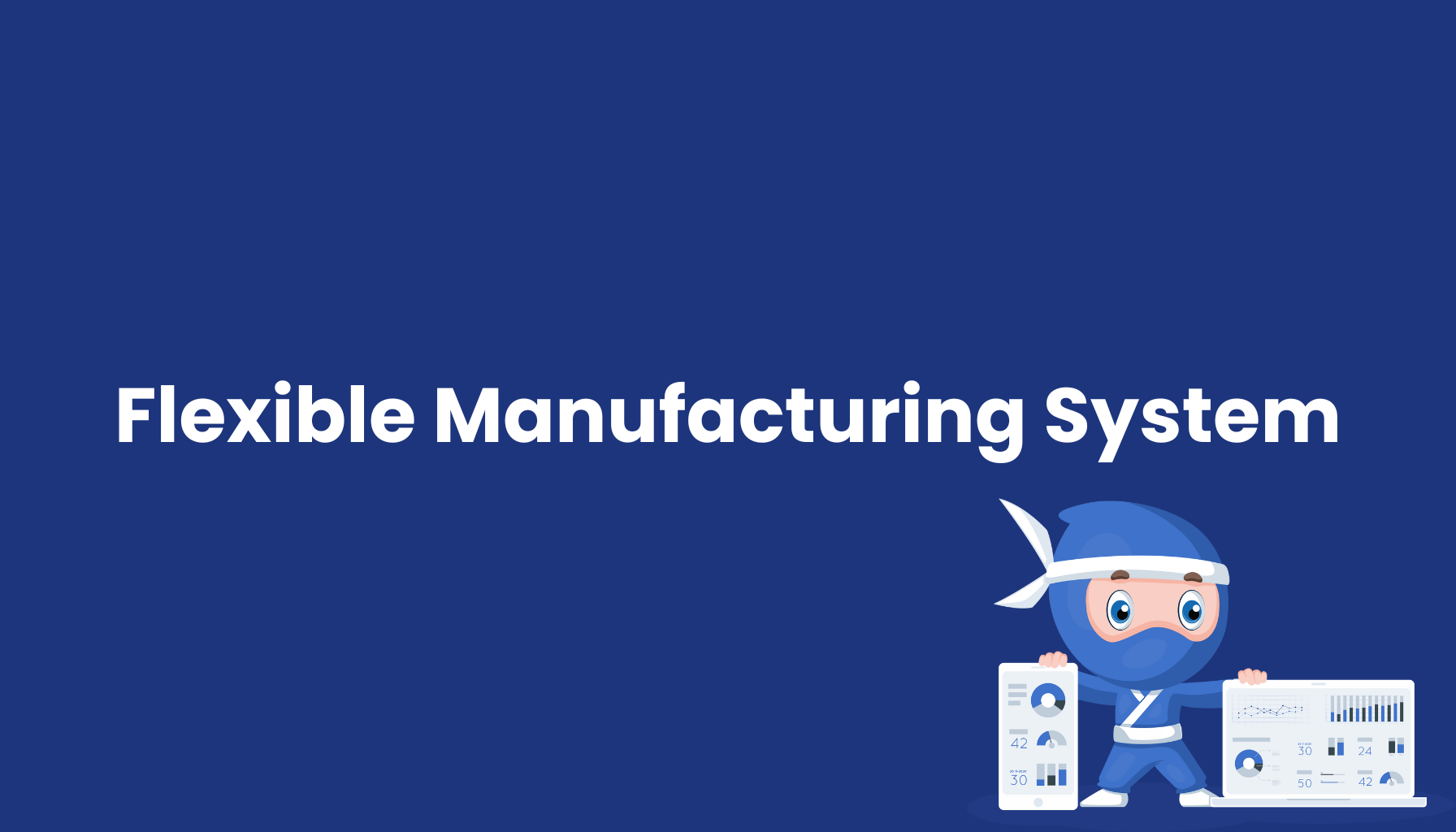Flexible Manufacturing System

Introduction
A Flexible Manufacturing System (FMS) is a modern, networked production setup where machines, tools, and software work together intelligently. Its goal is to manufacture different product variants on the same equipment without lengthy changeovers or productivity loss.
As mass customization becomes the norm, flexibility has become a strategic advantage. FMS is a cornerstone of the Smart Factory, typically integrated with MES (Manufacturing Execution Systems), BDE (Shop Floor Data Collection), and OEE (Overall Equipment Effectiveness) for real-time visibility and control.
Definition and Operation
An FMS is an automated production environment connected through digital control, sensors, and centralized data management. MES orchestrates machines, materials, and work orders to ensure dynamic and efficient operations.
Core elements include:
-
CNC machines and industrial robots coordinated via a central control system
-
Automated transport systems and conveyors for material handling
-
IoT sensors monitoring vibration, temperature, or energy consumption
-
MES integration for scheduling, traceability, and performance analytics
-
BDE data collection providing real-time insights from the shop floor
Together, these components enable a self-optimizing production process with minimal human intervention.
Benefits of a Flexible Manufacturing System
-
Rapid adaptability: Easily adjust production for new variants or changing demand.
-
Higher productivity: Automated changeovers and smart scheduling improve OEE.
-
Optimized resource use: Less downtime and waste, better material flow and energy efficiency.
-
Full transparency: MES and IoT data provide real-time visibility for better decisions.
-
Future readiness: Scalable and compatible with Industry 4.0 architectures.
Integration with MES, BDE, and OEE
FMS reaches its full potential when connected to a digital manufacturing ecosystem:
-
The MES acts as the system’s brain, synchronizing machines, materials, and tasks.
-
BDE systems supply detailed production data such as cycle times and downtime.
-
OEE metrics reveal performance losses and guide continuous improvement.
This combination enables predictive production control and paves the way toward fully autonomous manufacturing.
Industrial Applications
-
Automotive: Producing multiple vehicle models on one line with digital changeovers.
-
Aerospace: Precision manufacturing of custom parts in small batches.
-
Machinery: High-mix, low-volume production with dynamic scheduling.
-
Electronics: Fast product changeovers without compromising quality.
Conclusion
A Flexible Manufacturing System is the foundation of agile, efficient, and digitally connected production. Integrating FMS with MES and OEE analytics unlocks new levels of productivity and responsiveness—essential for manufacturers competing in an Industry 4.0 world.


